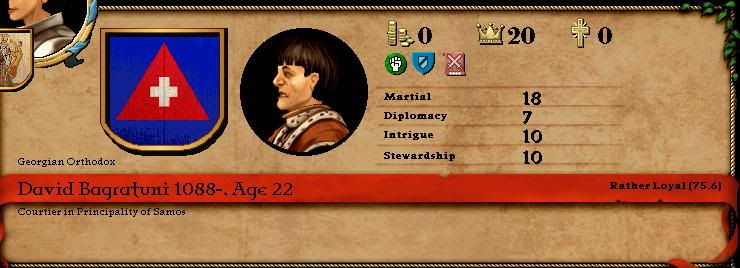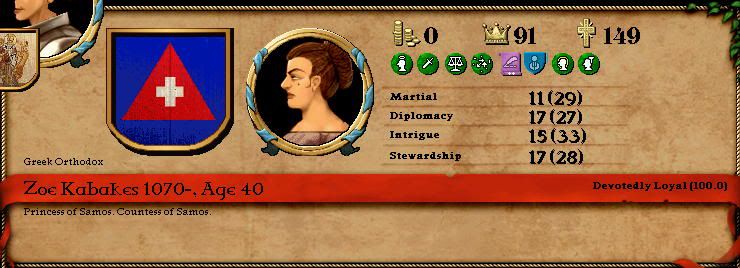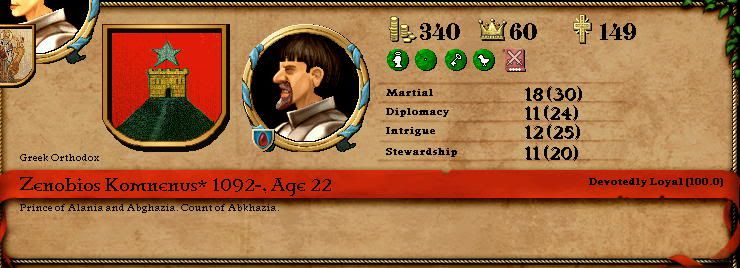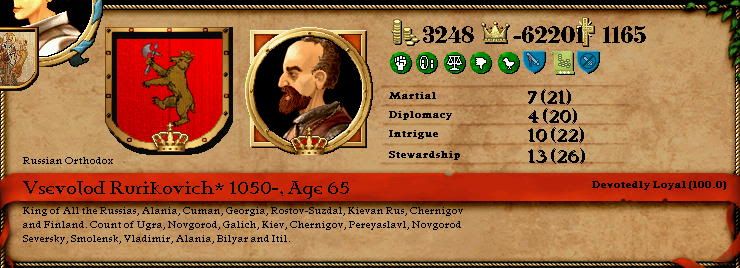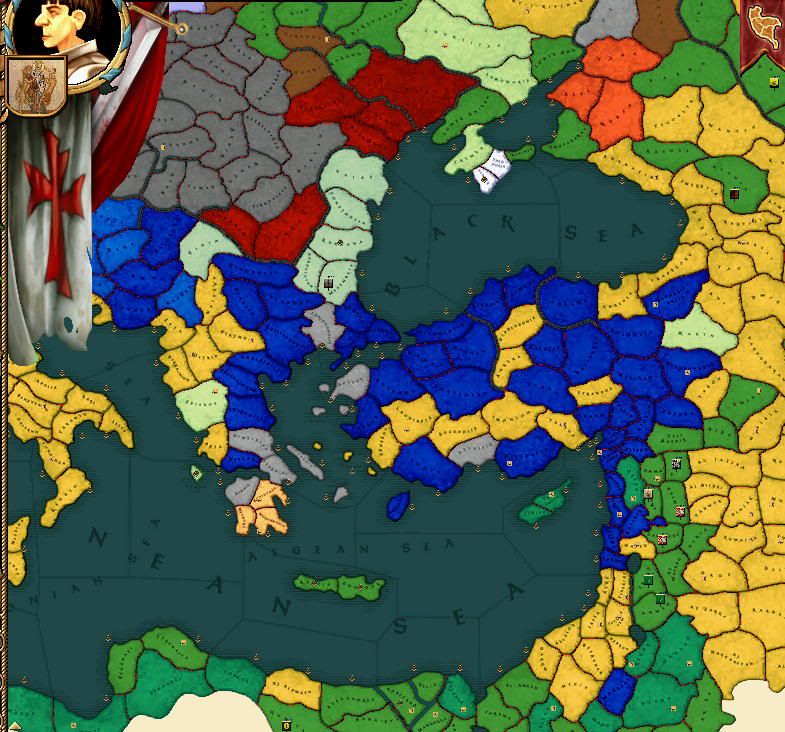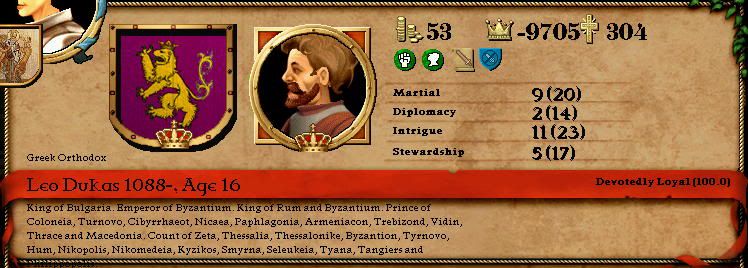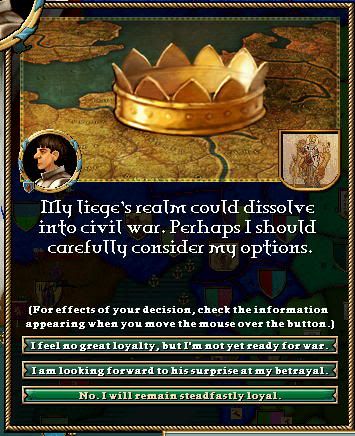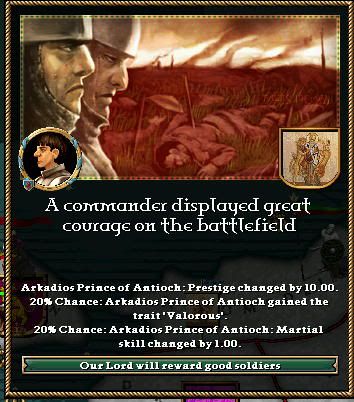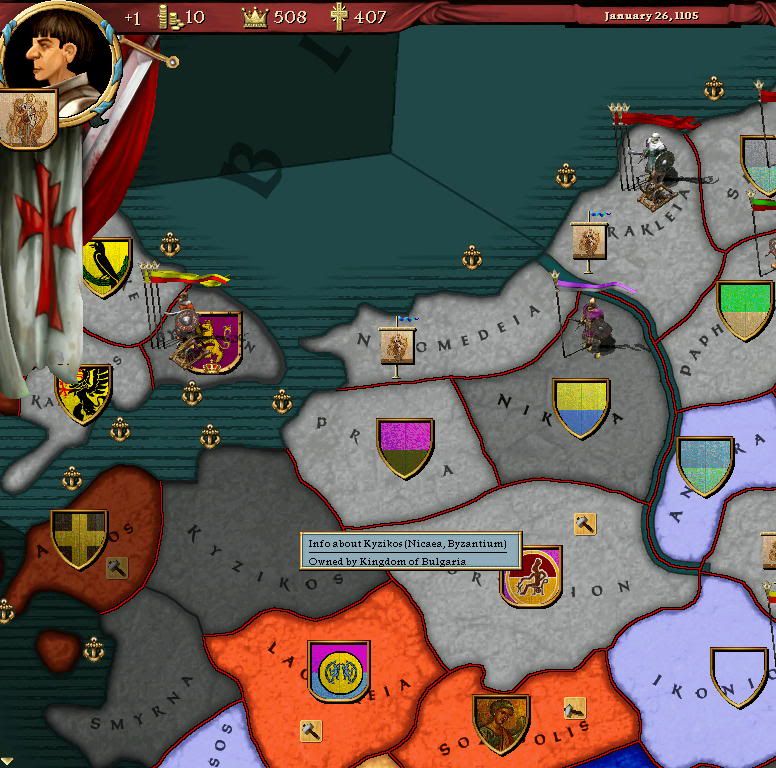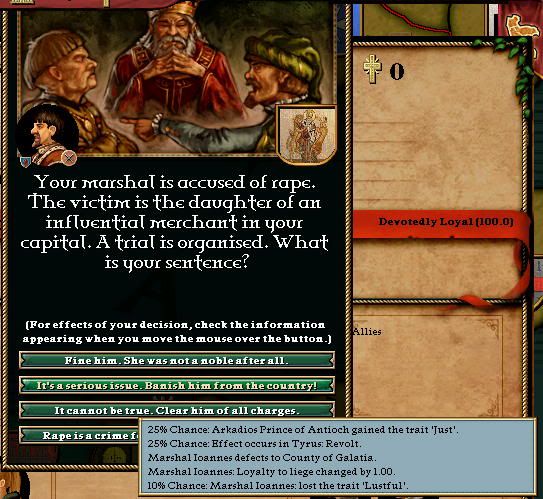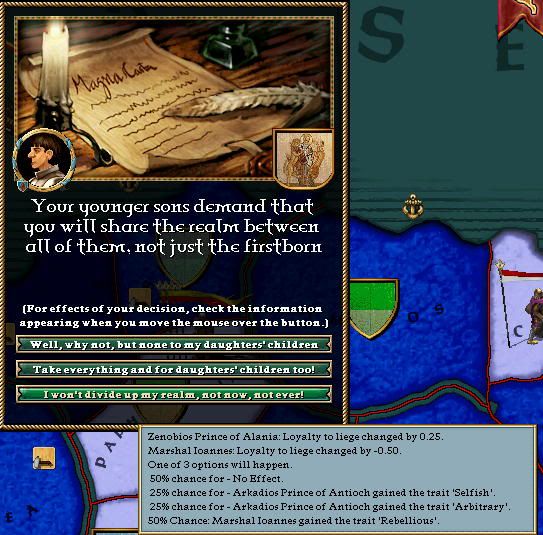Gwynnedd, Wales and Britain
- Gwydion is dead; Long live Foulgues! -
It laid there. Gwydion. Or what had been Gwydion. Dôn knew not what it was anymore. A back of skins and bones? A body of once living man? Her son, at sleep... Never again waking up in middle earth?
Dôn fondled his grey hair. Even at his death Gwydion still kept his charisma and posture. He had lived longest from his generation. He had outlived all of his children aside one and saw kings come and be gone from his side. He had looked upon it all and made the human life look little bit about the life of the fairfolk. He had despised death.” Every day would be a right day.” He had smiled. Dôn had just gazed at him. He had known life well but what did he knew about time? For death of her last living child no day would be right.
Dôn had known other humans who had looked death with such oversight. Laughing at it, mocking it…not fearing it. Dôn feared no death. She knew no death. But humans… Fearing it was the thing that separated them from the fair people. Despising it too much at young age was great path to the fairside. Not by one’s own choice, but taken away by those to whom death was mostly a word with four letters.
Gwydion was exactly the type Dôn loved to lure in the woods and take with her to the never ending life in the otherworld. She would have no doubt taken him with her if he wouldn’t have been her son. And even then she wished she have had. Force him to leave this all and be whit her forever.
The Eternity. It drove humans forward. It captured the essence of their faith but still, when offered, they stood by amazed and be taken by the horror of living and living and living the endless life after life after life… they feared it as much as they did fear of death and then found condolence in the thought that after death, an eternal life would await them.
What did they even knew about eternity? About eternal sorrow and yearning? Over those who feared it so much that they decided to take their changes with oblivion instead of remain with those who loved them? Dôn looked at Gwydion. His lips had slight touch of grin still remaining there. Humans were mostly really dump folk. Dôn smiled back at him.
He looked old and wise. His life had been a flick of an eye for Dôn. Her firstborn and now gone. Gwydion had not talked about the fair side in his past years. He had spoke of middle side more…for kings and castles while he had sailed the stormy oceans to bring his army to Ireland or into France. He has spoken about life and family, about Foulgues and Gwynnedd. About Wales and Britain.
Dôn looked at Foulgues. Foulgues looked at somewhere else. In to the roof and perhaps beyond. Dôn could almost see the alliances and war plans changing sides inside his mind. She smiled. Foulgues had not been contacts whit his grandmother that much and probably knew very little of her origins. He was pleasant and complaisant, more of courtier than the warrior his father had been. He would have fit the court of the Elfland Queen just perfectly. Wheter the Queen of Elfland fit into his court, Dôn didn’t know so well. When Foulgues spoke, his tongue was different from his father, but he still spoke about Gwynnedd, Wales and Britain.
Dôn knew little about that speech. But was she not an fairsider whose life was about jesting with mortals?
She tapped him on shoulders and Foulgues raised his gaze and gave a permissive nod. “Do you want me to say how much your father loved you or do you want to know how much he would have wanted to give a throne of king to sit upon?”
Foulgues stared her in a bit of amazement. He certainly didn’t have talked much with fair folk in his life. He began some hasty words of amazement, but Dôn put her finger on his lips.
“Say nothing. Your father has gone from us. You remain, and your sister. You are the children of Dôn.”
“Its…it is a compliment” Foulgues replied after few moments. Dôn didn’t know whether he just stated it or asked whether it was…Dôn didn’t know. Was it good to be her children? Even in descending way?
“For the land Gwydion have left you, I can’t say much. I seldom pass by it. It remains
other to me.”
“I understand.”
They both looked somewhere else for awhile. Dôn looked pass the mortal souls into her own side…Foulgues gazed north.
“Something lays in there that trouble you”
Foulgues didn’t answer first. Darkness reigned upon his expressions.
“Whit all my peasants, all my craftsmen, all my noblemen, my friends and my advisors…even with my small sons clad in iron and bearing daggers as swords, I can still field but token army good to tease some robbers and rebels. To contest kings I cannot.”
“Why contest the kings then my son?”
Foulgues looked at Dôn; he was showing desperation that Gwydion had managed to hide so well.
“I’m not the one who contests them. They contest me. They creep into my home and steals away my cattle, drives off my dogs, damps my fire, sleeps my wife and beats my children. And then they say, you can live there in the corner if you remain silent.”
Dôn said nothing. Even for immortal like her, war begun to be distant memory in fair side, something that human’s concept of ancient felt like yesterdays bad dreams. As with death, Dôn knew little from war so she chose not to test humans over it. IF one thing humans mastered aside dying, it was the war.
“How can a duke in Wales fair then in this world of Kings?” Dôn said it more to herself. She still challenged Foulgues, but that was just her nature. Foulgues looked to the North. To the highlands. Then he smiled and looked to the east
“A Duke? In Wales? No my fair lady, I am a prince inside Russia.”
Dôn looked where Foulgues eyes led her and pondered whether the iron strong plea from his gaze could reach the halls of Novgorod.
For reward: Piety.


